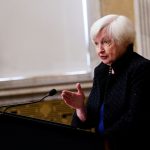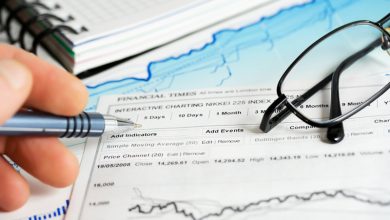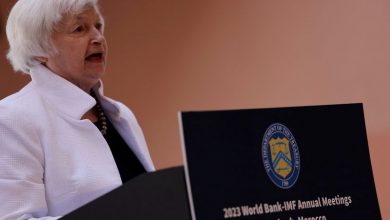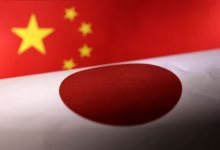IMF and World Bank convene in Morocco, face pressure for reform
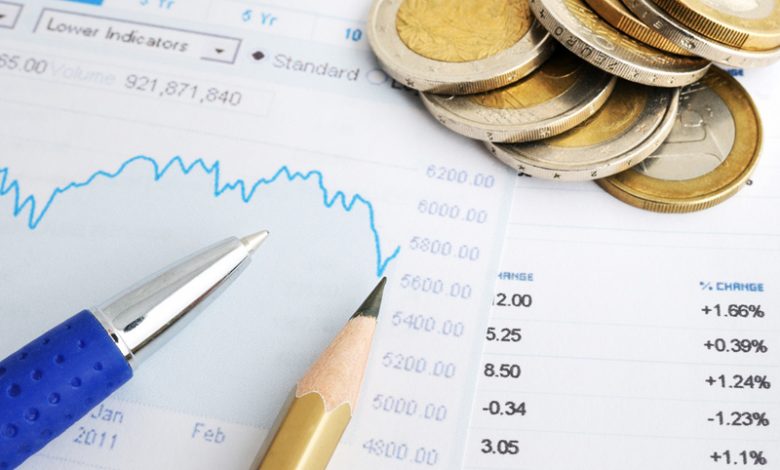

The International Monetary Fund (IMF) and the World Bank are conducting their annual meetings in Marrakesh, Morocco, for the first time in half a century. The meetings, which were initially slated for 2021 but delayed due to the COVID-19 pandemic, mark a significant return to Africa, with Kenya being the last African nation to host these meetings during colonial rule in 1973.
On Monday, the two institutions, led by IMF’s Kristalina Georgieva and World Bank’s President Ajay Banga, announced their intention to strengthen Africa’s representation on their executive boards by adding a third seat. This initiative aligns with Georgieva’s belief that a prosperous Africa is crucial for a thriving world economy. However, the main contributors have resisted this capital increase as it would require more funds and potentially give more influence to emerging economies like China and India.
The World Bank has proposed a $50 billion lending boost over the next decade to aid developing nations. Additionally, Banga proposed raising capacity by $100 billion to $125 billion through contributions from advanced economies. Despite these initiatives, the institutions are facing criticism from non-governmental organizations (NGOs) for their austerity-driven solutions, which critics argue exacerbate wealth disparity in developing nations.
The IMF and World Bank also face pressure to reform their quota systems that determine nations’ financial contributions, voting rights, and borrowing limits. These reforms may be addressed during the ongoing meetings in Marrakesh.
In response to Morocco’s recent earthquake, the IMF provided a $1.3 billion disaster resilience loan. The institution has also advised Morocco, a frequent borrower severely impacted by pandemic effects on tourism and exports, to balance its budget and continue interest rate hikes.
Activists have organized a march in Marrakesh to exert pressure on these institutions for stronger action against climate change and debt. Oxfam International has criticized the IMF’s policies, stating they push poorer nations into a “starvation diet” of spending cuts amounting to $229 billion over the next five years. As an alternative, campaigners are advocating for debt cancellation and imposing taxes on the rich.





